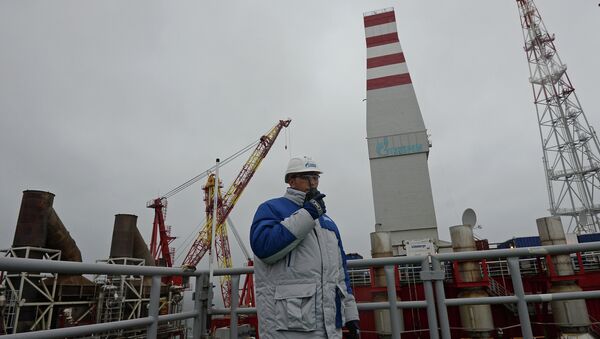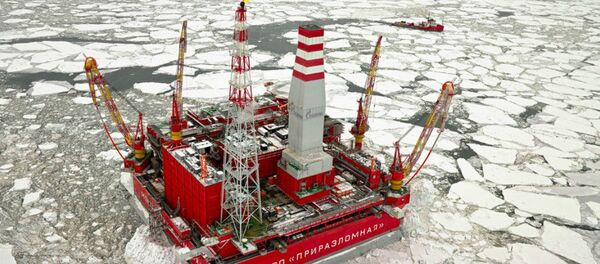“The current system allows for the protection of interests for the state while developing the Arctic shelf and defines clear rules for access for both Russian and private partners,” the statement reads.
The representative stressed that the current system is effective and that there is great economic interest in the Arctic region for resources, though Western sanctions imposed against Russia make it difficult for foreign partners to fully engage in projects.
“The given system is effective and presents obvious commercial interest for strategic partners in the industry. Sanctions are directed to destruct such partnerships, but the change in the rules is a support of sanctions because it stimulates these companies to ruin partnerships, as a rule, by limiting the national interests of Russia,” according to the statement.
Last year, the West imposed a series of economic sanctions against Russia over its alleged meddling in the Ukrainian conflict. Restrictions targeted the three key spheres of the country's economy – energy, defense and banking.
Some curbs were specifically aimed at the Russian oil and gas industry. Brussels and Washington prohibited companies from selling drilling equipment and related technologies, or providing services for deep-water or Arctic oil exploration and shale oil projects in Russia.
The restrictions also targeted Rosneft and its affiliates, among other Russia-based companies, in a bid to prevent them from raising capital overseas.
Despite these hurdles, Rosneft and Norway's oil giant Statoil said Tuesday they had established a joint venture to drill for oil in the Okhotsk Sea in 2016.



